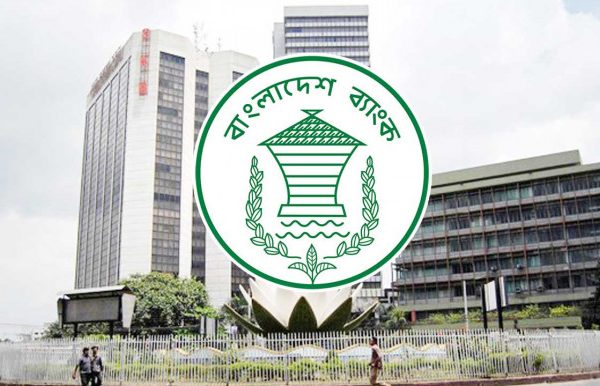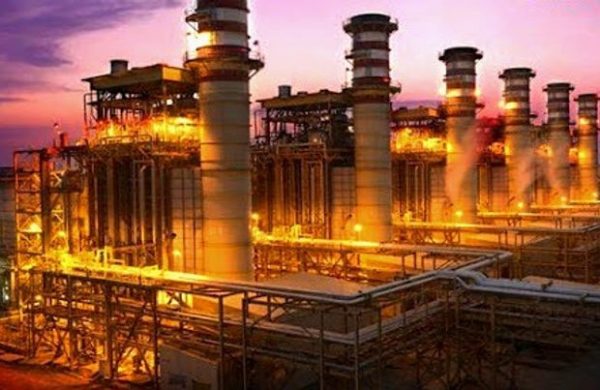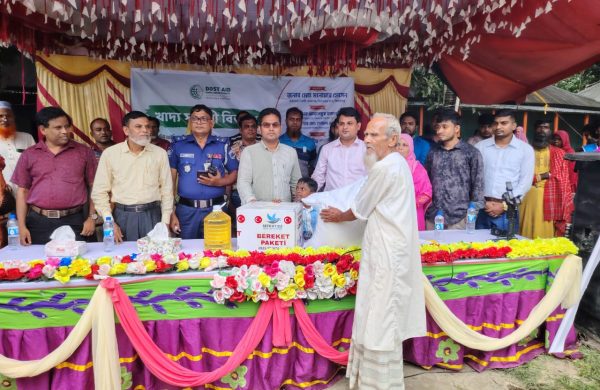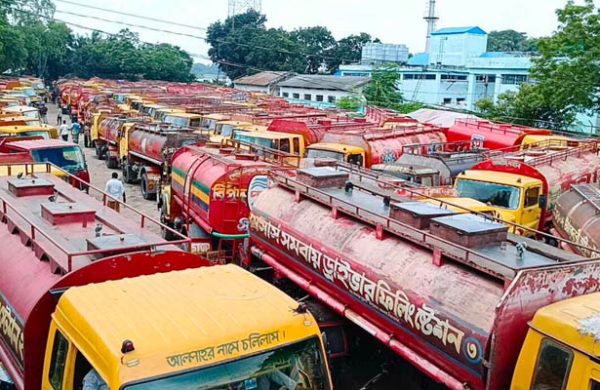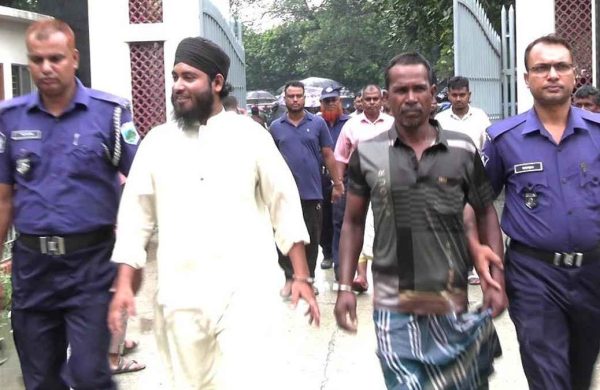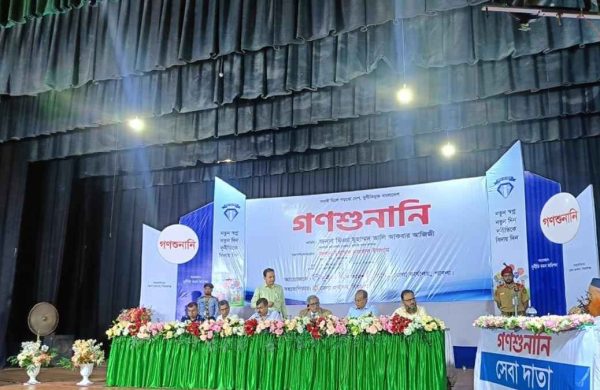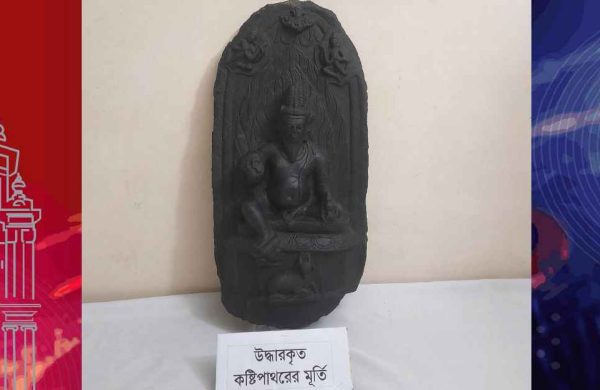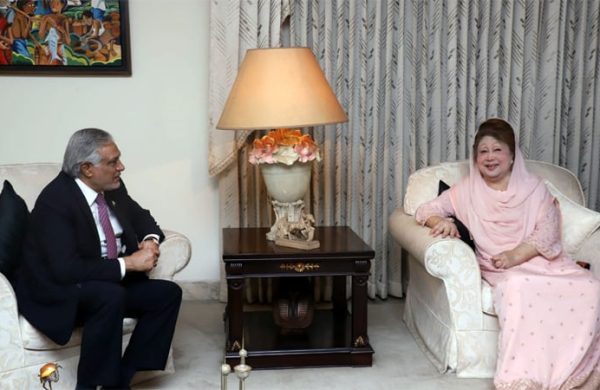$2.5b power plant stalled: Project trapped by faulty tender, single bidder monopoly
- Update Time : Monday, July 28, 2025
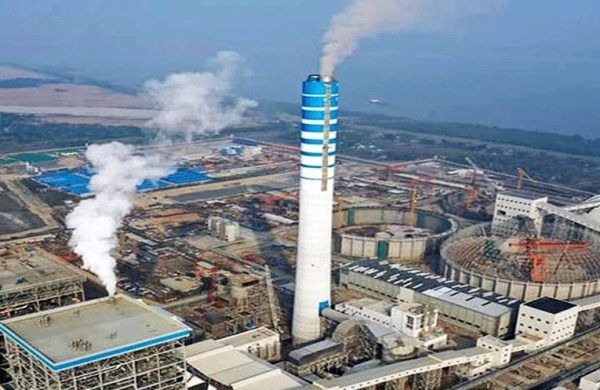
Staff Correspondent:
The country’s ambitious 1,320 MW ultra-supercritical coal-fired power plant in Patuakhali, built at a cost of $2.54 billion, stands fully constructed and ready to supply electricity to the national grid. Yet, months after its test runs, the project remains inoperative due to repeated failures in securing a long-term coal supply contract.
Since January 2024, the plant authority, RPCL-Norinco International Power Ltd. (RNPL), has floated tenders three times for coal supply. Each time, Singapore-based Yongtai Energy Pte Ltd has emerged as the sole technically qualified bidder. However, its quoted prices have consistently been deemed “unacceptable” by project officials due to high costs.
Previously, RNPL issued a tender to procure 1 million tonnes of coal for test runs—Yongtai also won that contract and has since been supplying coal from Indonesia’s Bukit Asam mine.
Officials involved in the process allege that stringent tender conditions, design flaws, and possible bias in specifications have discouraged competition, effectively favouring Yongtai and raising concerns about a single-bidder monopoly.
While commercial operations were initially scheduled to begin in mid-2025, the power plant—built by a Chinese consortium (TEPC-CHEC-CWEC)—remains idle due to the lack of a five-year coal supply agreement, estimated to cost $50–150 million annually.
In the latest bidding round, 10 companies bought tender documents, but only four submitted proposals—and only Yongtai was deemed technically eligible, raising further questions about transparency and credibility.
BLAME GAME AND CONFLICTING STATEMENTS
The failure to attract competitive bids has led to finger-pointing between agencies.
RNPL’s Acting Managing Director Md Selim Bhuiyan distanced himself, telling “PDB prepared the tender documents. Our company secretary managed the process. I’m not even part of the evaluation committee.”
Bangladesh Power Development Board (BPDB) Chairman Md Rezaul Karim refuted this, saying, “We only try to keep coal prices low to reduce electricity costs. RNPL’s board sets all the tender conditions.”
Karim confirmed that both BPDB and the Power Division had advised RNPL to relax the conditions following previous low participation. “But Norinco insisted on keeping them strict,” he added.
A Power Division official, speaking anonymously, noted: “Despite repeated recommendations to ease the criteria, RNPL stuck to its original tough terms.”
TENDER FORMAT RESTRICTS COMPETITION
Sources allege that RNPL used a “single-stage two-envelope” method, unlike the typical “two-stage two-envelope” system used in similar projects like Rampal and Matarbari. In this format, if a technical proposal is disqualified, its financial offer is not even opened—removing any chance for reconsideration.
A contentious clause required bidders to submit a direct coal supply commitment letter from a mine owner—something mines are usually unwilling to provide unless technical eligibility is confirmed, which typically happens in the second stage of a two-stage tender.
Only Yongtai was able to provide such a commitment from Bukit Asam—raising further suspicion about preferential treatment.
TENDER TAILORED FOR ONE SUPPLIER?
Industry insiders say many tender conditions appear custom-fit for Yongtai’s operations. For example, bidders were required to prove a five-year coal mine output capacity of at least 7 million tonnes—far higher than the plant’s estimated annual need of 1.3 to 4 million tonnes.
Other conditions include: a minimum mine reserve of 18 million tonnes and proof of 8 million tonnes supplied over five years—50% of which must be to power plants. Experts call these requirements unrealistic for typical traders supplying to 350–500 MW plants.
A BPDB official commented anonymously, “These terms seem designed to eliminate competitors by default. Any trader supplying coal to a 350–500 MW plant could easily scale up to 1,320 MW—because the plant won’t run at full capacity all year.”
NO PRE-BID MEETING, SURPRISE CHANGE IN PRICING FORMULA
Lack of transparency was also evident in RNPL’s refusal to hold a pre-bid meeting—standard practice to clarify ambiguities and encourage participation.
Midway through the process, the pricing index for coal was suddenly changed from ICE3 to HBA2—a benchmark unfamiliar to many Indonesian miners. Bidders were given only 14 days to adapt.
Curiously, only Yongtai seemed prepared for this shift, again fuelling concerns of unfair advantage.
An RNPL official, requesting anonymity, speculated: “Some companies may have deliberately submitted incomplete bids to leave the field clear for Yongtai. They could have been ‘dummy bidders’.”
STRICT LC CLAUSE
Another controversial clause required letters of credit (LCs) to be opened at any scheduled bank in Bangladesh at least seven business days before vessel loading dates (laycan). Coal suppliers and mines usually do not initiate shipments without LC confirmation—unless they have an existing relationship with the bidder.
Yongtai currently supplies coal for technical operations of the Patuakhali plant from Bukit Asam.
IDLE ASSETS AND SOARING COSTS
Despite being fully functional, the power plant is yet to begin commercial generation. As of May 2025, RNPL reports that Unit 1 began trial operation on 19 January and Unit 2 followed on 9 June, generating a total of 1,244 MW of net electricity.
Without a long-term coal contract, commercial operations are stalled—incurring mounting costs for idle infrastructure amid an energy crisis. Coal-fired power is typically cheap, yet this plant’s estimated unit production cost is nearly Tk 12—almost double the national average of Tk 6–7.
High coal costs due to limited competition and massive capital investment are the main reasons for this. Continued idleness risks equipment degradation and greater pressure on the national grid.
WAY FORWARD: RELAX TENDER TERMS
BPDB Chairman Rezaul Karim acknowledged the urgency and confirmed that RNPL has been instructed to reissue the tender with relaxed terms. Authorities are also considering short-term (one-year) contracts instead of five-year deals.
“A $2.5 billion power plant can’t be left idle,” he said. “If the machinery isn’t used, its components will start deteriorating.”


